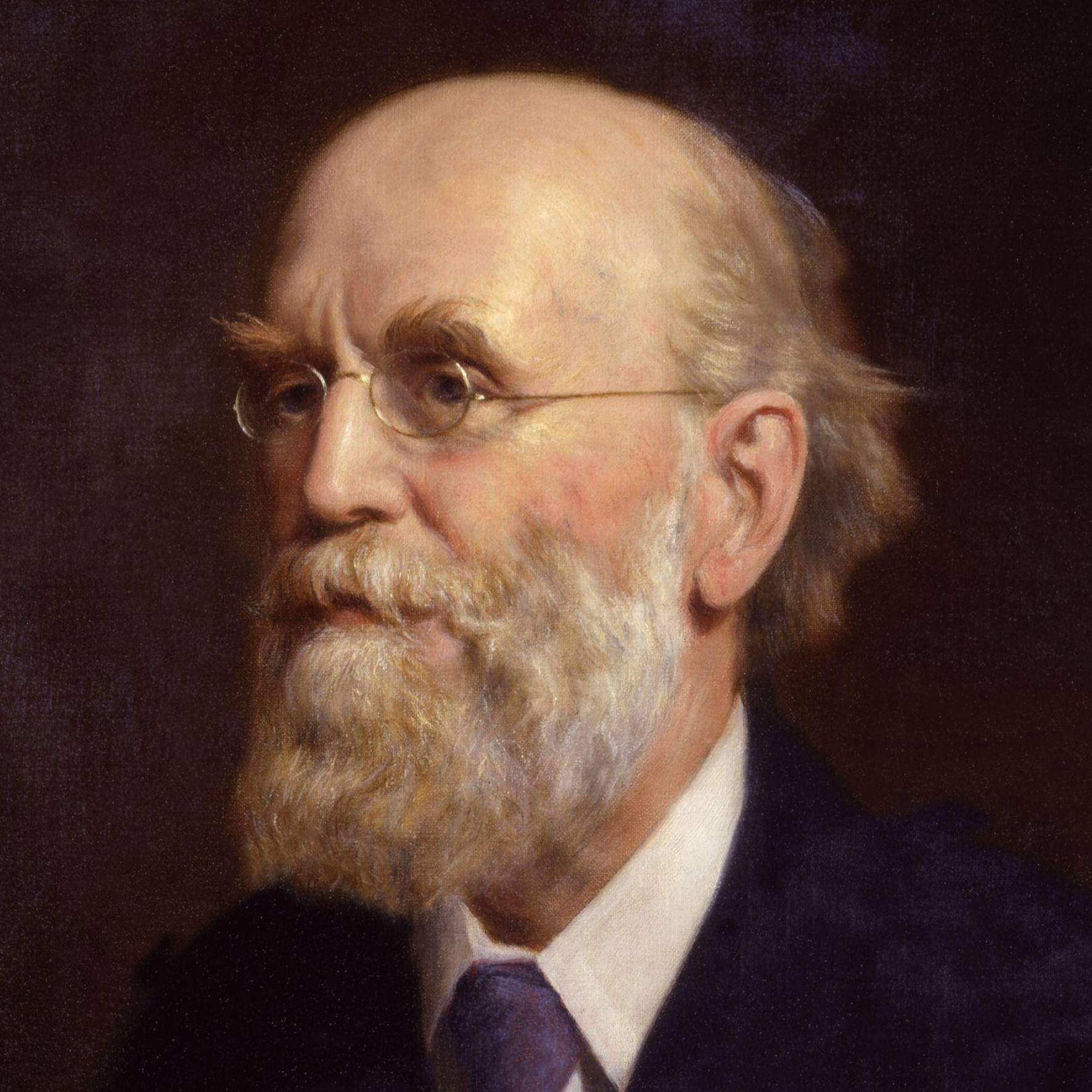Some links of interest:
- Waging Nonviolence interviews Alycee Lane, author of Nonviolence Now!
Living the 1963 Birmingham Campaign’s Promise of Peace on the subject of why Martin Luther King’s pledge of nonviolence matters today.
Excerpts:
The Birmingham campaign pledge was a commitment card that, according to Martin Luther King, all volunteers were “required” to sign in order to participate in the movement. I came across the pledge in King’s work, “Why We Can’t Wait,” a book in which he talks about the Birmingham campaign. The card consisted of ten commandments, including: “1) meditate daily on the teachings and life of Jesus. 2) remember always that the nonviolent movement in Birmingham seeks justice and reconciliation — not victory. 3) walk and talk in the manner of love, for God is love. 4) pray daily to be used by God in order that all men might be free. 5) sacrifice personal wishes in order that all men might be free. 6) observe with both friend and foe the ordinary rules of courtesy. 7) seek to perform regular service for others and for the world. 8) refrain from the violence of fist, tongue or heart. 9) strive to be in good spiritual and bodily health. 10) follow the directions of the movement and of the captain of a demonstration.”
With its emphasis on the importance of taking up a daily practice of (for example) courtesy, love, service, meditation and prayer, the pledge really offered to volunteers an opportunity to embrace nonviolence as a way of life. The commandments in effect constitute a daily practice of nonviolence, and as such, it conveys that nonviolent direct action is not merely or solely public protest and organizing. It is also (and perhaps more importantly) speaking, thinking, acting and engaging the world — even at the most mundane level — from an ethic of nonviolence, so that we actually become nonviolence.
It is strategic, I think, for those who are activated to choose not to emulate the very people whom we hope to disarm, to refuse to exchange tit for tat, to withdraw our cooperation with and complicity in creating our culture of violence. It is strategic to demonstrate by word and deed that there is another way to walk in this world and to engage others. It is strategic, in other words, to disarm ourselves and one another just as surely as it is to disarm the state.
It saddens me when folk who are doing righteous work to confront, say, police brutality or economic inequality or environmental exploitation, express the kind of venom they themselves receive because of the work that they do. It saddens me when I say belittling and dehumanizing things about folks with whom I disagree. In those moments, we become allies in nurturing an atmosphere of conflict, hate and violence. We also reveal the extent to which our emotional and spiritual lives have been colonized.
- Increasingly in the U.S., traffic enforcement is not about safety but about generating revenue for the government. This makes our roads less safe, our fiscal processes less transparent, our law enforcement more corrupt, and contributes to the criminalization of poverty.
- Americans spend more money on taxes than on food, housing, and clothing combined.
- Another example of a “suspicious package” causing an evacuation of an IRS office.
- The IRS has been defeated in another case in which they stole money from someone on the pretext that they had been depositing the money in the bank in periodic small amounts in order to avoid the bank’s requirement to report large deposits to the agency. A judge further ordered the agency to pay interest to the victim based on how long they held on to his money. Another triumph of the Institute for Justice, which has been doing some great work helping the little guy stand up to government.

